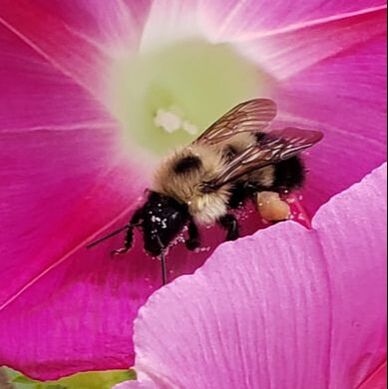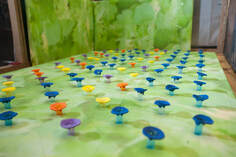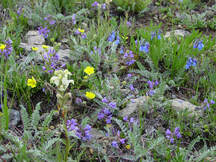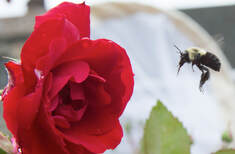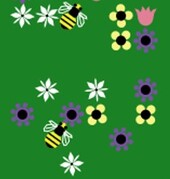neuroecology & conservation of
Scientific discovery through
|
Interested in joining the lab?
Please email me for information on graduate student positions. |
FROM BRAINS TO BIODIVERSITY
|
Our laboratory combines different research methods and levels of organization to gain a comprehensive understanding of plant-pollinator relationships.
|
IN THE LABControlled behavioral experiments provide insight into brain processes mediating pollinator foraging decisions.
|
IN THE FIELDField studies provide insight into structure and dynamics of pollinator-based natural networks.
|
IN BETWEENExperimental manipulations under semi-natural conditions provide insight into co-evolved pollinator and plant traits.
|
IN SILICOVirtual pollination systems provide insight into long-term effects of human-introduced stressors on biodiversity.
|
